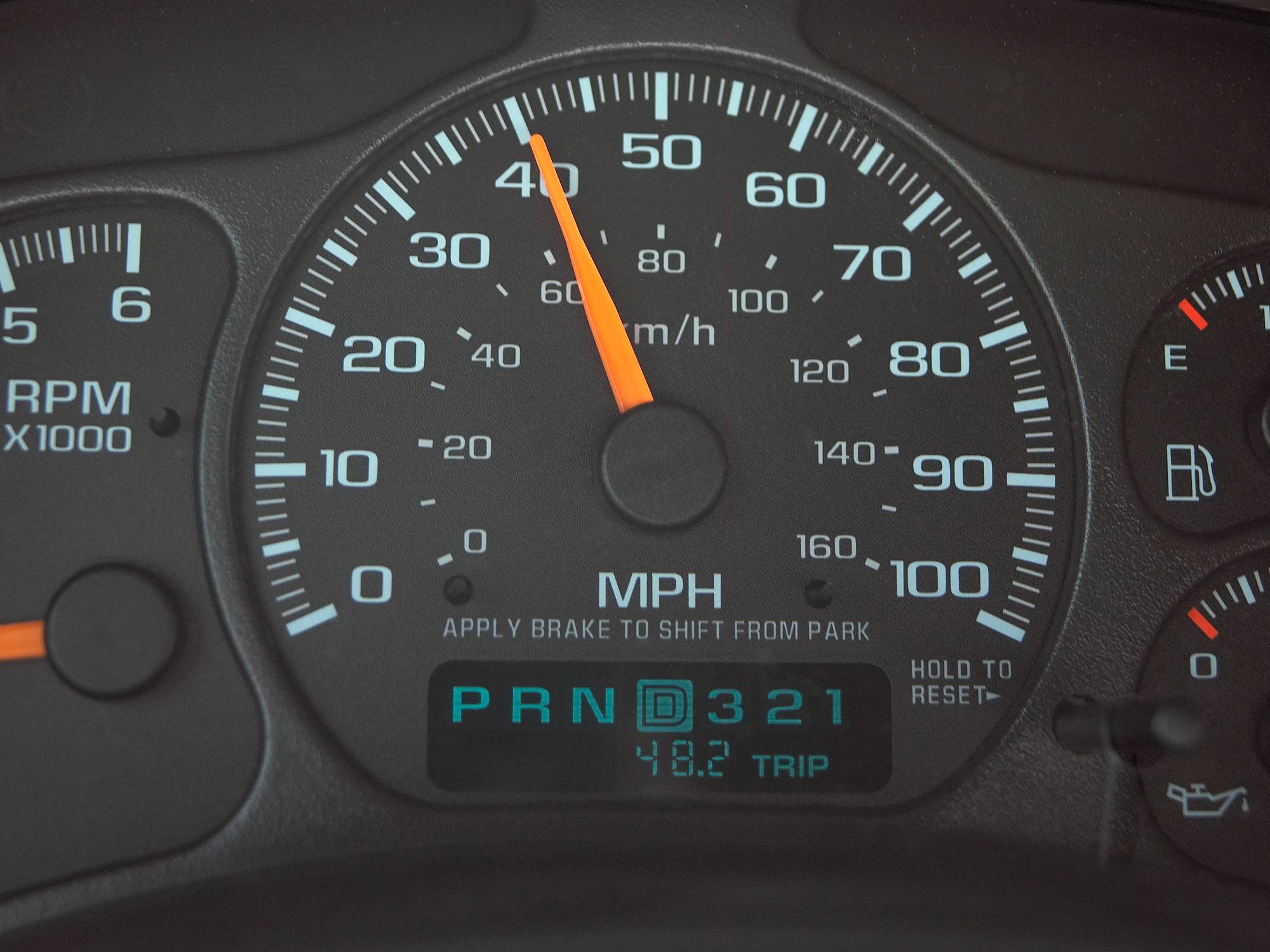Recordkeeping requirements: Distance records

- IFTA requires carriers to maintain milage records for each jurisdiction in operational source documents known as IVMRs.
- IVMRs can be created using a paper form or may be created using an ELD or GPS, and each has its own requirements.
- Carriers must ensure appropriate and detailed records are kept to substantiate an exemption claim.
Recordkeeping requirements under the International Fuel Tax Agreement (IFTA) can be quite exhaustive, but they are the heart of compliance, so it’s important to keep records organized and accessible in case of an audit. Carriers must keep records in two categories: distance records and fuel receipts.
Distance records
IFTA requires carriers to maintain records verifying the miles accrued by a vehicle in each jurisdiction. The operational source documents are known as Individual Vehicle Mileage Records (IVMRs).
IVMRs can be created using a paper form or may be created using an electronic logging device (ELD) or global positioning system (GPS).
Paper tracking
If an IVMR is captured on paper, it must include:
- The beginning and ending dates of the trip to which the records pertain;
- Trip origin and destination;
- Route of travel;
- Beginning and ending reading from the odometer, hubometer, engine control module (EMC), or similar device for the trip;
- Total trip miles or kilometers;
- Miles/kilometers by jurisdiction; and
- Unit number or vehicle identification number.
Electronic tracking
Most carriers are now keeping their mileage data electronically through an ELD. Here’s what’s required:
When the vehicle’s engine is on, the vehicle-tracking system that utilizes latitudes and longitudes must create and maintain a record at a minimum of:
- Every 15 minutes for IRP, and
- Every 10 minutes for IFTA.
Records must contain the following elements:
- Vehicle identification number or vehicle unit number,
- Date and time of each system reading,
- Latitude and longitude to include a minimum of 4 decimal places (0.0001) of each system reading, and
- Odometer reading from the ECM of each system reading. If no ECM odometer is available, a beginning and ending dashboard odometer or hubometer for the trip is acceptable.
The data must be accessible in an electronic spreadsheet format such as XLS, XLSX, CSV, or Delimited text file.
Toll miles
Toll receipts are important documents to retain when carriers are claiming credits for toll miles/kilometers. Massachusetts is the only jurisdiction that grants credit for toll miles/kilometers. Massachusetts allows the toll miles/kilometers to be excluded from IFTA, but the licensee must still pay sales and use tax on the fuel to Massachusetts via a separate business tax return.
Many also believe that credit can be taken for toll miles/kilometers in New York. This is not the case; in New York, toll miles/kilometers can be deducted from the New York Highway Use Tax return, but not the IFTA return. The remainder of jurisdictions with toll roads require fuel taxes to be paid for all taxable distance traveled.
Temporary permit miles
Under IFTA, distances traveled while operating under a temporary decal permit are reported. The carrier reports total distance traveled, which is also reported as part of the total distance traveled in the applicable jurisdiction.
Distance exemptions
Some jurisdictions may exempt certain types of distance from IFTA tax. For example, in select jurisdictions, distance accumulated while qualified vehicles are operating off-highway or on agricultural roads are exempt from IFTA tax. Prior to claiming an exemption for distance accumulated in a jurisdiction, carriers should be familiar with the exemption, ensure the exemption applies to the carrier’s operation, and ensure appropriate and detailed records are kept to substantiate the exemption claim. In an audit, carriers would be expected to provide detailed records showing taxable distance and non-taxable distance.
While some distance may be exempt/non-taxable, the distance must still be tracked and reported in the total miles.
